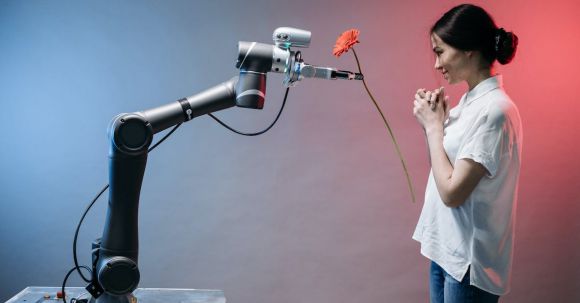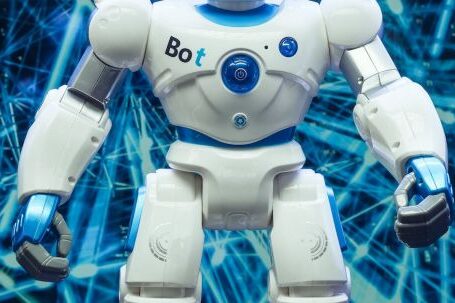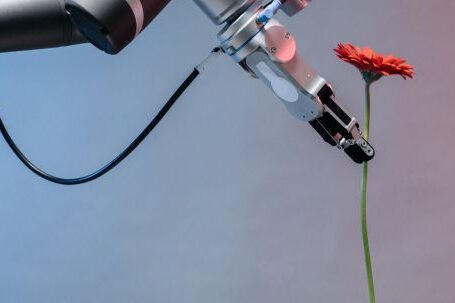Artificial Intelligence (AI) has the potential to revolutionize the way we innovate and create. With its ability to analyze massive amounts of data, make predictions, and learn from patterns, AI is opening up new doors for innovation across industries. In this article, we will explore how AI is being used to drive innovation and what the future holds for this technology.
Enhancing Creativity through AI
AI has the capacity to enhance human creativity by automating repetitive tasks and providing valuable insights. By taking over mundane tasks like data analysis and pattern recognition, AI frees up human resources to focus on more creative and strategic endeavors. For example, in the field of design, AI algorithms can generate multiple design options based on user preferences, enabling designers to explore a wide range of possibilities quickly.
Predictive Analytics for Innovation
One of the most significant applications of AI in innovation is predictive analytics. By analyzing historical data and identifying patterns, AI algorithms can make accurate predictions about future trends and customer behavior. This enables companies to anticipate market demands, identify emerging opportunities, and make informed decisions about product development and business strategies.
AI-driven Insights for Research and Development
In research and development (R&D), AI is becoming an invaluable tool for generating insights and accelerating the innovation process. By analyzing vast amounts of scientific literature and experimental data, AI algorithms can identify patterns and correlations that humans may overlook. This can lead to breakthrough discoveries and advancements in various fields, from medicine to materials science.
Automating Innovation with AI
AI is also being used to automate the innovation process itself. Through machine learning algorithms, AI systems can generate and evaluate ideas, prototype and test concepts, and even optimize the innovation process. This not only speeds up the innovation cycle but also improves the quality and success rate of new products and services.
AI and Collaborative Innovation
Collaborative innovation is essential for generating breakthrough ideas and solving complex problems. AI tools can facilitate collaboration by connecting individuals with similar interests and expertise, enabling them to share knowledge and work together on innovative projects. Moreover, AI can assist in identifying potential collaborators and partners based on their skills and past experiences.
The Future of AI-driven Innovation
As AI continues to advance, its potential to drive innovation will only grow. We can expect AI to become more integrated into our everyday lives, from personalized recommendations in e-commerce to AI-powered assistants that help us with creative tasks. In addition, AI is likely to fuel the rise of new industries and business models, creating new opportunities for entrepreneurs and innovators.
However, it is important to address concerns about the ethical and societal implications of AI-driven innovation. As AI takes on more decision-making roles, it is crucial to ensure transparency, accountability, and fairness in its algorithms. Additionally, we must consider the impact of AI on employment and job displacement, and work towards re-skilling and upskilling the workforce to thrive in an AI-driven world.
In conclusion, AI has the potential to unleash a new era of innovation. By enhancing creativity, providing predictive insights, automating processes, facilitating collaboration, and driving new industries, AI is reshaping the way we innovate. As we embrace this technology, it is essential to harness its power responsibly and ensure that AI-driven innovation benefits society as a whole.





